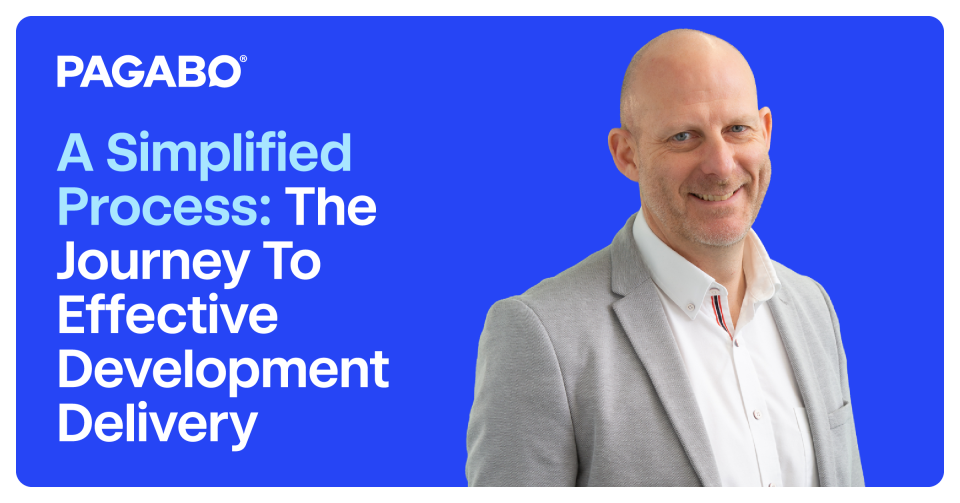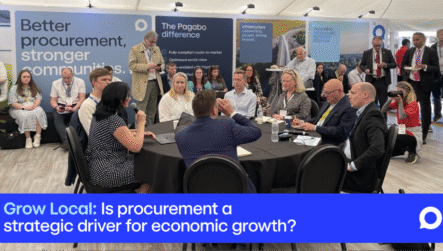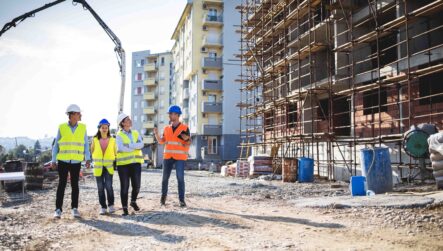A Simplified Process: The Journey To Effective Development Delivery

Jonathan Parker is development director at Pagabo.
This year’s fiscal events and ongoing policy updates highlight that the government is pushing for the progression of development, which is a welcome move. However, issues surrounding regeneration and how to effectively deliver on development goals remain hot topics – and there is a sense that while support is being offered in some areas, other measures are holding back further potential progress.
The roadmap for delivering 1.5 million new homes has been set and the government has frontloaded initial support for reaching the goal with the establishment of the National Planning Policy Framework, the Social and Affordable Homes Programme and the overarching ‘Plan For Change’. But what seems to be missing is a thoughtful approach to how these significant changes will be financially supported.
What exists currently is a chicken and egg situation when it comes to funding for the big, transformational schemes that will make all the difference in hitting targets. With local authorities having to bid on pots of money to deliver a certain number of homes in a certain timescale, the focus is on the type of projects that a former Prime Minister described as “oven ready”.
Ultimately, the government need to readdress how it is allocating money and the timescales imposed, as greater leniency will mean more viable, deliverable schemes aren’t having their wings clipped before they get the chance to fly. What is key to consider here is viability. Even with recent announcements of fast-track planning consent for mayoral powers, what this looks like in practice, with the planning route being bogged down by workforce issues along with supply chain backlogs at later stages, offers a less positive outlook for actual delivery.
While no successor to the Levelling Up Fund has been announced, it seems inevitable that some sort of similar funding option comes online in the future, with the Affordable Homes Programme and the improved funding for SME builders being examples of this work underway. With affordable housing especially, support and grant funding are essential if these homes are to be delivered in line with government goals, and in a bid to reduce the big viability gap currently being seen.
Without adequate funding support and a clear and consistent roadmap, the commercial realities of delivering impactful developments mean that affordable housing is going to be a lot lower in the mix than it could be.
It’s important to acknowledge there is never a perfect solution – if there was, it would have been done a long time ago. Ultimately, it’s about making things simpler, and anything that can help achieve that is going to make a difference.
One of our founding principles is focussed on simplifying the procurement process and it’s something we continue to do for major regeneration schemes through the Developer-Led Framework we manage on behalf of contracting authority Cumbria, Northumberland, Tyne & Wear NHS Foundation Trust.
The common denominator across all of this is collaboration. The developers we help facilitate are those who have collaboration built into the heart of their schemes and see it as a critical process. While a delay from 16 weeks to 24 weeks on planning is a frustration, it’s less of an issue on a four-year scheme that looks to deliver the best possible project in terms of social value for an area, than it is for a developer looking at land and a quick return on investment.
Taking the idea of placemaking and placing it at the heart of a scheme is what delivers a much more long-lasting return on that investment, and this is why it needs to be central to the government’s plans going forward.
Discover our frameworks



































